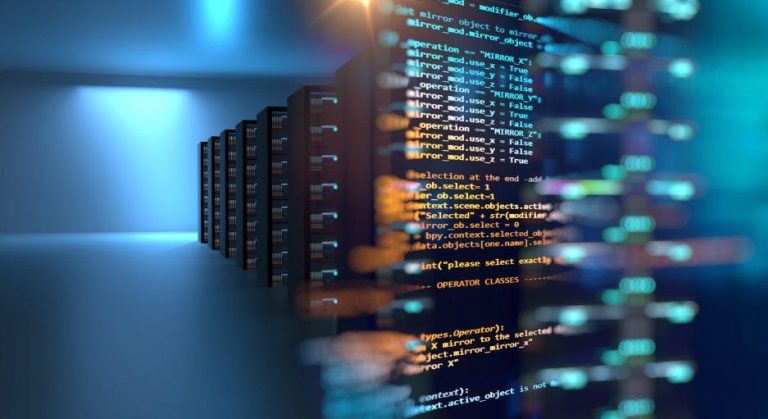Table of Contents
The U.S. Supreme Court on Thursday restricted the style of carry out that can be prosecuted below a federal laptop fraud law, overturning a former Ga law enforcement officer’s conviction for misusing a governing administration databases to look into irrespective of whether a purported neighborhood stripper was an undercover cop.
The justices, in a 6-3 conclusion authored by conservative Justice Amy Coney Barrett, sided with previous Cumming, Georgia law enforcement sergeant Nathan Van Buren in an attraction of his conviction beneath the Computer Fraud and Abuse Act, reversing a reduced court docket ruling that had upheld a jury verdict in opposition to him.
Van Buren was charged soon after a 2015 FBI sting operation. The Supreme Court concluded that Van Buren could not be convicted for misusing the databases to perform the investigation for the reason that the facts had been accessible to him as aspect of his position.
“This provision covers those people who acquire data from certain locations in the laptop or computer – these types of as data files, folders or databases – to which their computer entry does not lengthen. It does not deal with those people who, like Van Buren, have improper motives for acquiring data that is if not offered to them,” Barrett wrote in the ruling.
A few of the court’s conservative justices, Clarence Thomas, John Roberts and Samuel Alito, dissented from the ruling.
Van Buren’s legal professional, Jeffrey Fisher, welcomed the ruling and mentioned the computer fraud law “is now restricted to its good get to.” The U.S. Justice Division, which experienced defended the conviction, declined to comment.
The dispute centered on a 1986 U.S. regulation meant to focus on hacking and similar pc crimes. The law prohibits accessing a computer without having authorization and also exceeding licensed entry.
At issue was irrespective of whether a man or woman with authority to entry a computer system can be responsible of fraud for then misusing it. Van Buren had argued that the law targets only those with no correct whatsoever to access the computer system, while he was entitled to use the regulation enforcement database, even if it was for an inappropriate purpose.
The Justice Division argued that the legislation “aims right at ‘insider’ carry out” like Van Buren’s “forbidden use of his law enforcement credentials.”
The dissenting justices experienced a unique interpretation of the law’s text, acquiring that Van Buren’s actions ended up unlawful because he was not entitled to the details he was usually authorized to accessibility.
“Making use of a law enforcement databases to attain info in instances in which that use is expressly forbidden is a criminal offense,” Thomas wrote in his dissent.
Struggling economic challenges, Van Buren had asked a regional guy, Andrew Albo, for dollars. Albo alerted legislation enforcement authorities and the FBI devised a sting in which Albo offered to shell out Van Buren dollars to run a lookup for a license plate on a regulation enforcement database. Albo’s fictional tale was that he required to come across out if a nearby stripper was an undercover cop.
Albo gave Van Buren $6,000 and Van Buren conducted the research. A jury convicted Van Buren in 2017 of violating the laptop fraud law and a independent count of genuine providers fraud. The Atlanta-centered 11th U.S. Circuit Courtroom of Appeals in 2019 upheld the computer system fraud conviction, but ordered a retrial on the other demand.
Barrett observed in the ruling that an extremely wide look at of the legislation would penalize commonplace pc activity these as an employee sending a individual e-mail or examining sports activities scores on a function device. If the legislation “criminalizes each and every violation of a computer system-use coverage, then thousands and thousands of in any other case legislation-abiding citizens are criminals,” Barrett wrote.
Former President Donald Trump’s three conservative appointees to the courtroom – Barrett, Brett Kavanaugh and Neil Gorsuch – have been joined by the a few liberal justices in the ruling.
Our Requirements: The Thomson Reuters Have faith in Principles.







